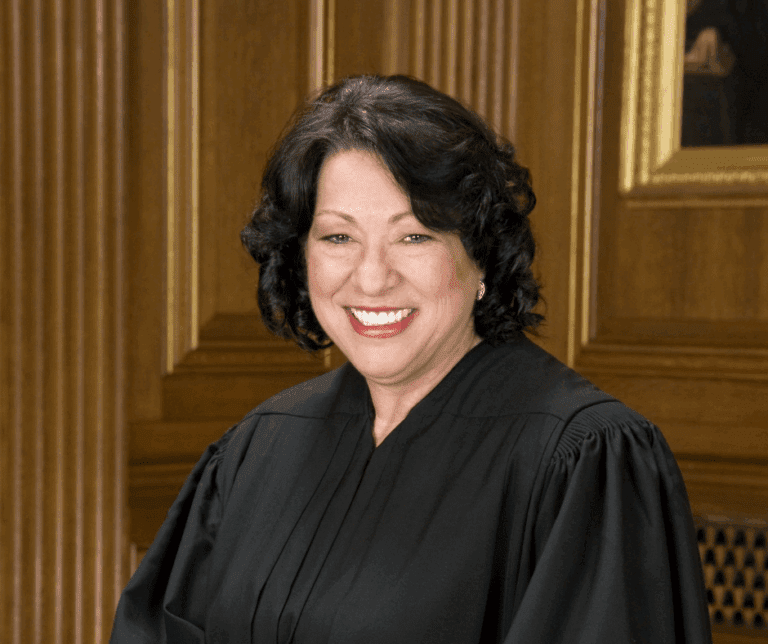The Oath of a Courthouse Magistrate – Promising Fairness and Justice

Why the Oath Matters
The Magistrate’s Oath Builds Trust in the Courthouse
A Promise to Serve the People
A courthouse magistrate doesn’t just show up to work — they make a public promise called an oath of office. This promise tells the people that the magistrate will treat everyone fairly, follow the law, and protect rights.
Why Citizens Should Care
Without the oath, there’s no way to hold judges accountable. The oath protects your due process rights, which means the government must follow fair rules when making decisions about your life.
The Legal Words Behind the Oath
A Sample Oath of a Magistrate
“I do solemnly swear (or affirm) that I will support and defend the Constitution of the United States and the Constitution of the State… and that I will faithfully discharge the duties of the office…”
Defend the U.S. and state constitutions
Be honest and responsible
Follow the law at all times
What It Means for Due Process
The magistrate must put the law above everything including money, power, or personal feelings. That’s why this promise matters so much.
Source: U.S. Code Title 28 § 453
How the Oath Protects You
The Oath Safeguards Your Legal Rights
Due Process Starts With the Oath
From the moment you enter a courtroom, you’re protected by due process. This means:
You get a fair trial
You have a right to a lawyer
You can speak for yourself
The magistrate’s oath helps make sure that happens.
When the Oath Is Broken
If a magistrate is unfair or dishonest, they can be reported and even removed from office. The oath isn’t just words, it’s the law.
Justice begins where understanding begins.
This maxim emphasizes that fairness and protection under the law—central to due process—are only achievable when people are informed and aware of their rights.

